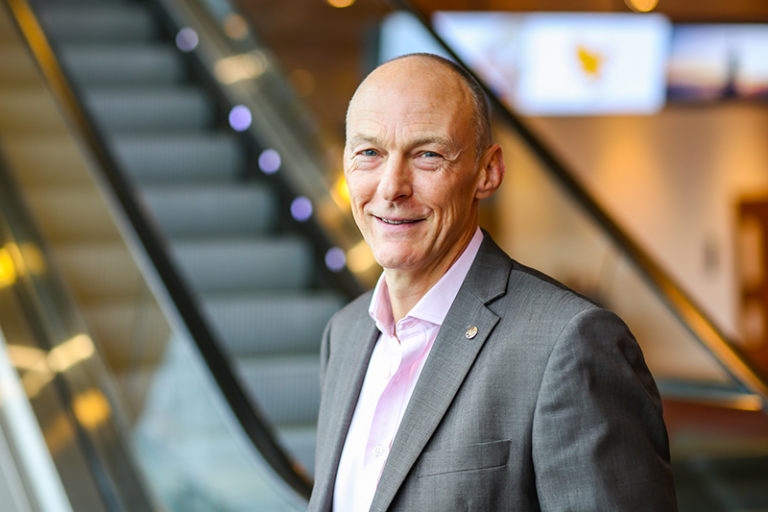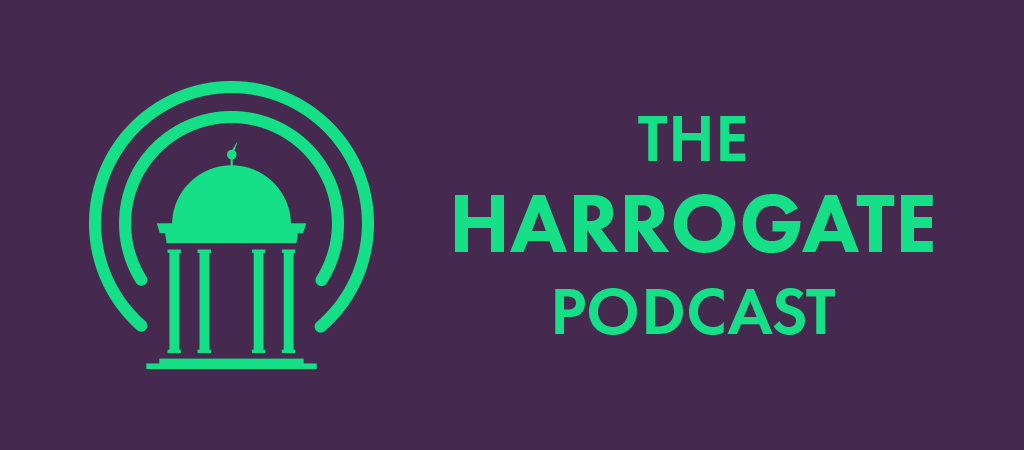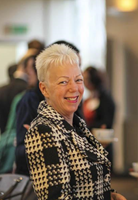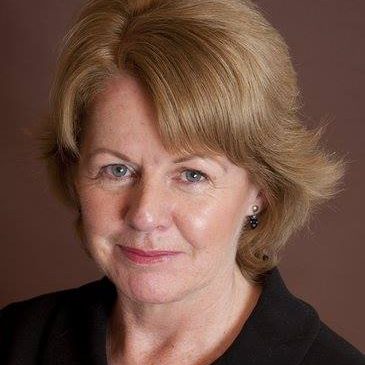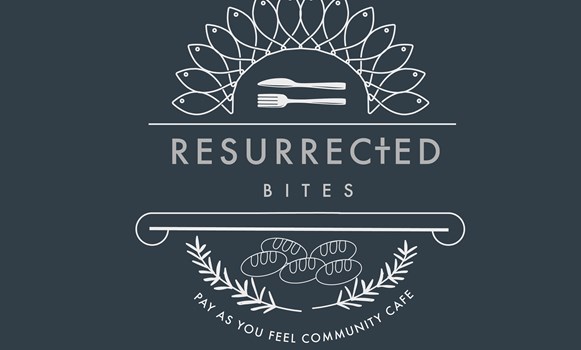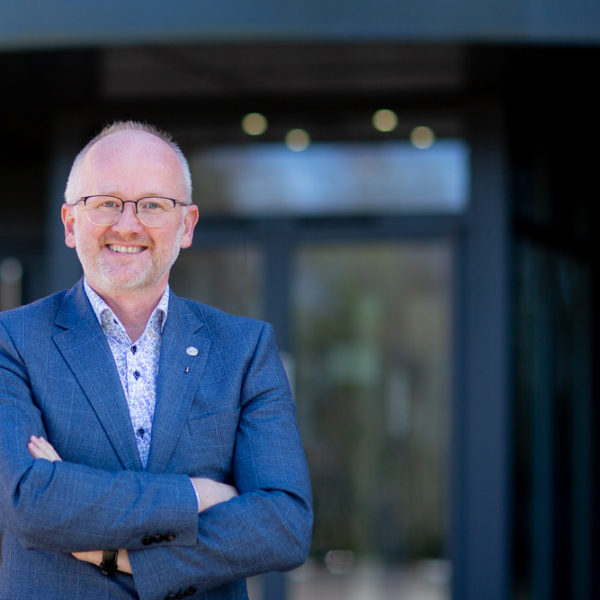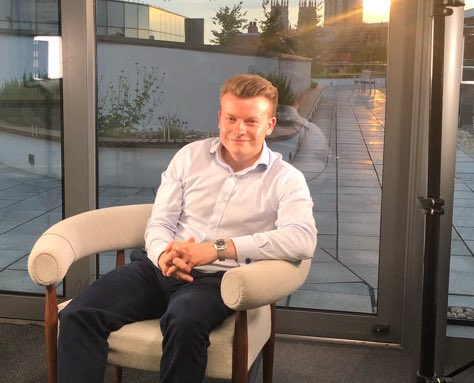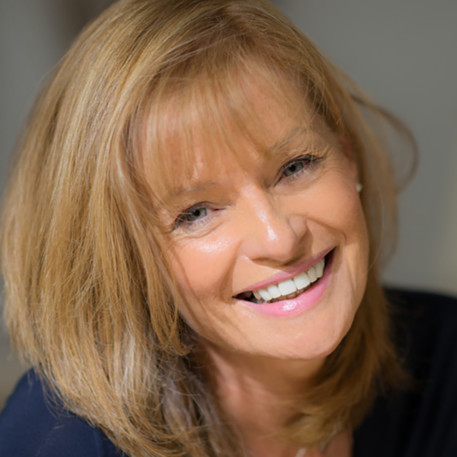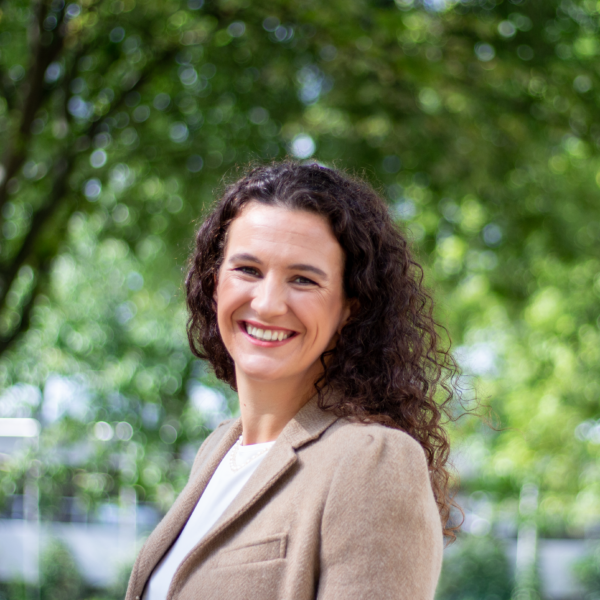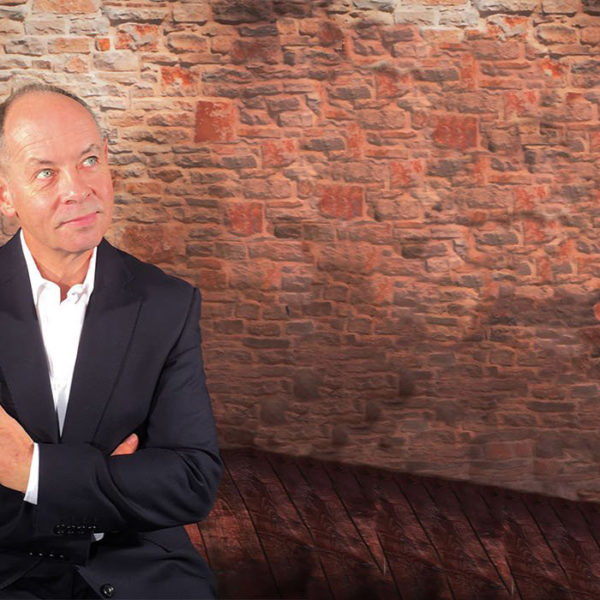Show Notes
17s: Peter Campbell is a consultant orthopaedic surgeon. Also, for the last 9 years or so he’s run a business called Life Without Limits. I would describe him as a health coach.
59s: Can you describe what you do? I have carved out a career in which I can do what I enjoy. It stems from being a consultant orthopaedic surgeon for the NHS for almost 25 years. During that time as clinical director, I was exposed to leadership positions and benefitted hugely from coaching through that time. This led me to a passion for me to become a coach, so I did my coaching qualifications and was able to do some executive leadership coaching. Over the last decade, through some personal health challenges, I’ve been able to evolve my career so I’m now also passionate about lifestyle medicine.
2mins 26s: I train medical experts to become medical-legal experts. How did you make the leap from the NHS to this? It’s your own personal experience that really counts. Traditional health care really seemed to be helping me, so I began to explore more natural, complimentary, lifestyle approaches to improving my health. My health was changed dramatically by taking some very simple steps and incorporating them into my daily life. I went through 5 years at medical school, 5 years at surgical training and nearly 25 years of being a consultant and not being exposed to some of the fantastic benefits that lifestyle can have to our general health. I have been able to combine these two. Over 50% of our disease is due to environment and lifestyle causes.
5mins 12s: Is this called upstreaming? You see someone like you so that you don’t get poorly. The NHS cannot deliver everything that we expect from it as a society. People want to take some responsibility for their own health but they’re not sure how because of the confused messages. I am about empowering people through the right education about having a better, healthier future.
6mins 21s: What do your former colleagues think of you? Most of them think I’ve gone a bit weird. Some of them are more open-minded than you think but haven’t had the same experiences. For me, it got to the point I needed something else. I wanted to contribute to health in a more holistic way. There is an increase in movement in doctors articulating the benefits of lifestyle medicine, functional medicine, the importance of gut health and nutrition, the importance of sleep and managing our stress, of regular exercise.
8mins 29s: How do you do it with your clients? We work closely with our clients. The key thing is to work with people over a period of time to embed these changes. We work with them for a minimum of 3 months on a 1:1 basis which could be face to face or online on a fortnightly basis. We do an assessment of their lifestyle and then work with them to incorporate some changes and build on that.
10mins 3s: Who is the “we”? Me and my wife Nicki. She worked with the NHS as a nurse for around 20 years and then also becoming a personal trainer, sports massage therapist and nutritional coach for 10 years. That encouraged me to explore that side of natural and complimentary therapy when I was going through my health challenges. We now work together.
11mins 25s: Do you have any top tips for making it harmonious at home and work? The key is being prepared to give it time. At first it was a big change and we needed to have really honest and respectful communication. I think we would now say our relationship is stronger from having worked together.
13mins 3s: Do you have examples of people you’ve worked with who’s health has improved? We have worked with chief executives to single sole traders or business owners of small-medium businesses. They understand the basics of good health but they are so busy that they don’t have the time to implement the things that they know. Or, they don’t know which way to go because of all the confusing information out there. We have been able to work with them and find some really exciting improvements in their health. That could be weight loss, more energy, more focus, having better ability to prioritise family time and personal time, and getting their stress levels down a bit.
14mins 51s: I know you because I am kind of one of your clients, I have had some health challenges and needed a boost. When we’re off, we’re not paid. Do you have any easy takeaways for this podcast? People who are self-employed take their health seriously only when they are unwell. We ensure they have some accountability for making those changes. There are 3 key areas: nutrition – we are what we absorb so improving gut health a) making sure you are hydrated and how much caffeine you’re having b) monitor your sugar levels – the issue is with sugar levels, not fat. Be mindful of the hidden sugars.
19mins 33s: What do you make of the gluten-free diet? There is an increasing awareness of gluten intolerant and there is an increasing number of people expressing that gluten upsets them in some way. I think we are overly reliant on processed foods and there is often gluten in that processed content. Wheat has changed significantly over the past couple of hundreds of years. It has significantly higher gluten concentrations than it did two-three hundred years ago. Gluten is a difficult substance for our bodies to metabolise so if we are overwhelming our gut with it, it will inevitably cause low level inflammation which I think is what most people are experiencing in their digestive system and the impact of that in their body.
21mins 44s: Veganism – what’s your take on it? I respect the decision that any individual wants to take on fuelling their body. Many vegans have strong views on animal welfare and farming. There is some debate whether veganism is healthy in the long-term. I think we should be careful on mixing ethical beliefs with our inherent nutrition that our bodies have needed for millennia. We need protein, fat and probably a small amount of carbohydrate. People need to eat real food over packaged. If you are avoiding a macronutrient like if you are avoiding protein-dense foods like meat, you need a strategy to replace those. If you enjoy good health on that strategy, then that’s great. Supplementation has a role, but we have to live by food first. There is a concern on the long-term impact of veganism on children when they are still growing. We are designed to be omnivores.
25mins 16s: Tips on networking? Having come from an NHS background, we don’t have much experience of true business networking. I would encourage anyone who is a business owner to do networking. It’s opened my eyes to how many fascinating people out there. I love understanding people’s journeys and their future aspirations. For me, networking is about contributing and how you can contribute to someone’s journey. If you unsure, definitely give it a go. It might take a while to find a group that fits with your business or personal style but it’s worth it.
27mins 51s: What habits do you have that you need to break? I have too many. Sometimes doctors make the worst patients and we don’t take our own advice. 1) relaxation time, I always need to be doing something and if I’m not achieving something, I don’t feel like I’m being productive. I tie in ticking something off my to do list in order to validate my day. I’ve had to work hard at having relaxation time and being present. 2) I’m a night bird, I find my energy at 10:30/11pm. I struggle waking up early as I don’t get enough sleep, so I have to make a routine to go to bed earlier so I can get up earlier. We need a minimum of 7 hours a night and preferably at least one of those hours should be before midnight.
31mins 36s: How do people contact you? Go to our website www.lwlgroup.co.uk or contact me directly on peter@lwlgroup.co.uk or find me on LinkedIn.
Further Listening
More The Harrogate Podcast podcasts.
